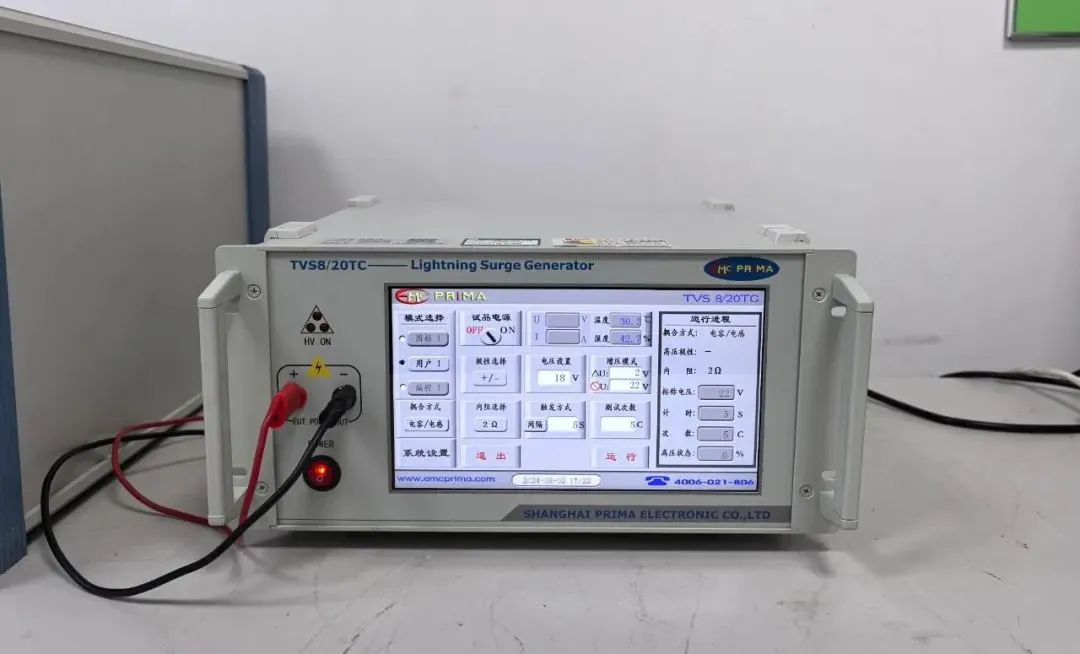
CPSC Authorized ASTM F963-16/F963-17 Test Report
ASTM F963 is a toy safety standard developed under the guidance of the U.S. Department of Commerce's National Bureau of Standards. All toys exported to the United States must undergo this certification.
Scope of ASTM F963:
Products intended for use by children aged 14 and under. (For electronic toys, the input voltage must not exceed 120V.) Specific product applicability can be confirmed with us.
The current version, ASTM F963-16/17, has been officially and mandatorily enforced. ASTM F963 "Standard Consumer Safety Specification for Toy Safety" is the most important toy safety standard in the United States and one of the most influential Toy Safety Standards globally. Although it is a voluntary standard, in commercial practice, toys that do not comply with ASTM F963 cannot enter the U.S. market.
The main technical requirements of ASTM F963 include:
- Mechanical and physical safety
- Flammability performance
- CheMICal toxicity
- Electrical safety
- Microbiological safety
Typical toy testing items include:
- ASTM F963 Part 1: Mechanical and Physical Testing
- ASTM F963 Part 2: Flammability Testing
- ASTM F963 Part 3: Heavy Metal Testing (Eight Heavy Metals)
This standard specifies the technical requirements and test methods for toys used by children in various age groups under 14. It addresses hazards that may not be readily apparent to the public and those that may arise during normal use or reasonably foreseeable misuse. The standard focuses solely on the safety performance of toy products and does not cover toy functionality or quality. It does not regULate inherently hazardous components that serve functional purposes (e.g., a needlepoint on a toy designed to resemble a syringe), except as requiRED by labeling regarding the intended age group and functional risks.
ASTM F963 was developed based on the mandatory requirements of U.S. federal regulations. Generally, the content of the standard sufficiently encompasses the relevant technical requirements of CPSC 16 CFR. If a manufacturer ensures that the product meets the ASTM F963 standard, it typically also meets the requirements of CPSC 16 CFR. However, to fully ensure compliance with U.S. law, toy manufacturers must not only comply with ASTM F963 but also stay updated on the provisions and revisions of CPSC 16 CFR.
Email:hello@jjrlab.com
Write your message here and send it to us
 How to get CE Marking Certification?
How to get CE Marking Certification?
 Explanation of Japan's New METI Registration Regul
Explanation of Japan's New METI Registration Regul
 What Are the EU Compliance Requirements for Floor
What Are the EU Compliance Requirements for Floor
 What Compliance for Peeling Machines to Europe and
What Compliance for Peeling Machines to Europe and
 Does Your Product Need to Comply with UL 61010?
Does Your Product Need to Comply with UL 61010?
 Certification for Pet Appliances Exported to Europ
Certification for Pet Appliances Exported to Europ
 How to get the CE-RED Certification Directive?
How to get the CE-RED Certification Directive?
 CE Certification for Electrical Equipment Exported
CE Certification for Electrical Equipment Exported
Leave us a message
24-hour online customer service at any time to respond, so that you worry!




